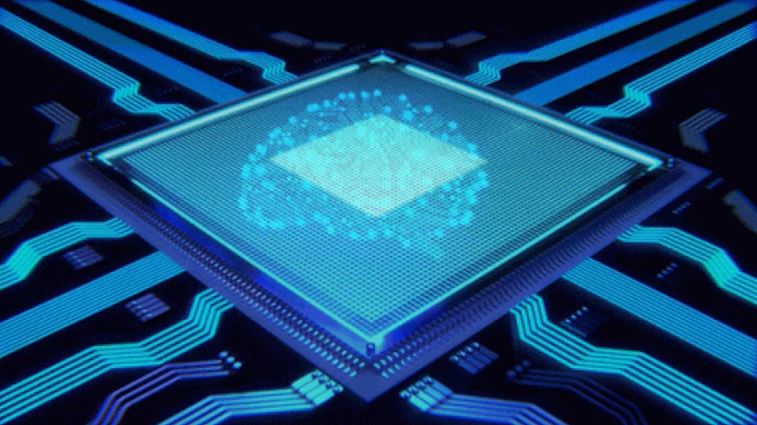Semiconductor Chips Manufacturing, Safeguarding National Security Through New Regulations

The U.S. Commerce Department Implements Rules to Safeguard Semiconductor Chips Manufacturing to protect national security interests and prevent subsidies benefiting China and Russia (Photo: Metaverse Post)
Safeguarding the Semiconductor Supply Chain, Preventing Subsidies for Countries of Concern
According to yahoo.com, the U.S. Commerce Department is taking measures to safeguard national security by issuing final rules aimed at preventing subsidies for semiconductor chips manufacturing from benefiting countries like China and Russia.
These rules come as the last step before the Biden administration can distribute $39 billion in subsidies for semiconductor chips manufacturing, part of the “Chips and Science” law that allocates $52.7 billion for various aspects of U.S. semiconductor chips manufacturing, research, and workforce development.
The regulations, originally proposed in March, establish guidelines to ensure that recipients of U.S. funding do not invest in expanding semiconductor manufacturing in countries considered national security concerns. This includes China and Russia. Additionally, these rules restrict recipients of incentive funds from participating in joint research or technology licensing endeavors with foreign entities of concern.
READ ALSO: Hottest Summer on Record Reveals Climate Change’s Impact and Urgency for Action
Bolstering National Security in Semiconductor Chips Manufacturing
The Commerce Department had previously implemented export controls in October 2022 to limit China’s access to certain semiconductor chips made with U.S. equipment, with the aim of curbing Beijing’s technological and military advancements in semiconductor chips manufacturing.
Commerce Secretary Gina Raimondo emphasized the need for vigilance to prevent any misuse of funds, with the ability to reclaim federal awards from funding recipients who violate these restrictions. The regulations also impose a 10-year prohibition on funding recipients significantly expanding semiconductor manufacturing capacity in countries of concern within the semiconductor chips manufacturing industry. While they limit certain joint research and technology licensing, international standards, patent licensing, and the use of foundry and packaging services are allowed.
Furthermore, the final rules classify certain semiconductors as critical to national security, leading to stricter restrictions, particularly for applications in quantum computing, radiation-intensive environments, and specialized military capabilities related to semiconductor chips manufacturing.
READ ALSO: Millennials Buying Homes, Changing Trends in the 2023 US Housing Market









